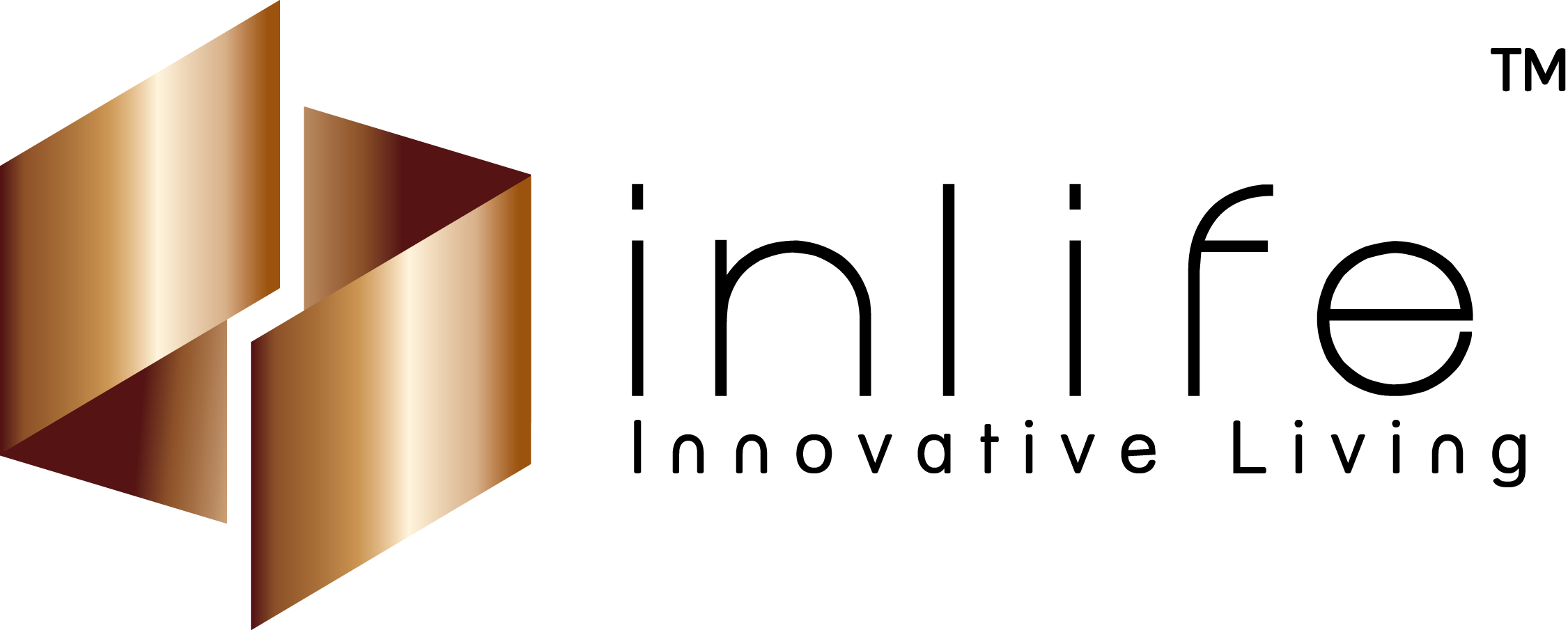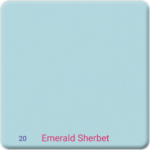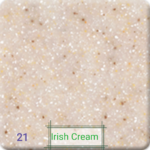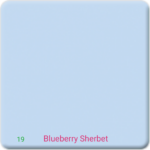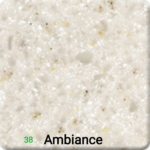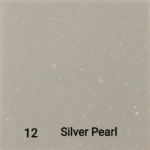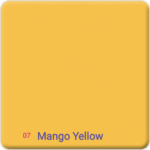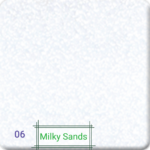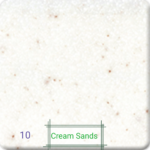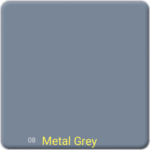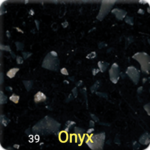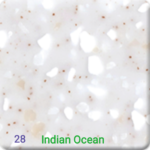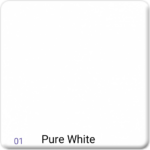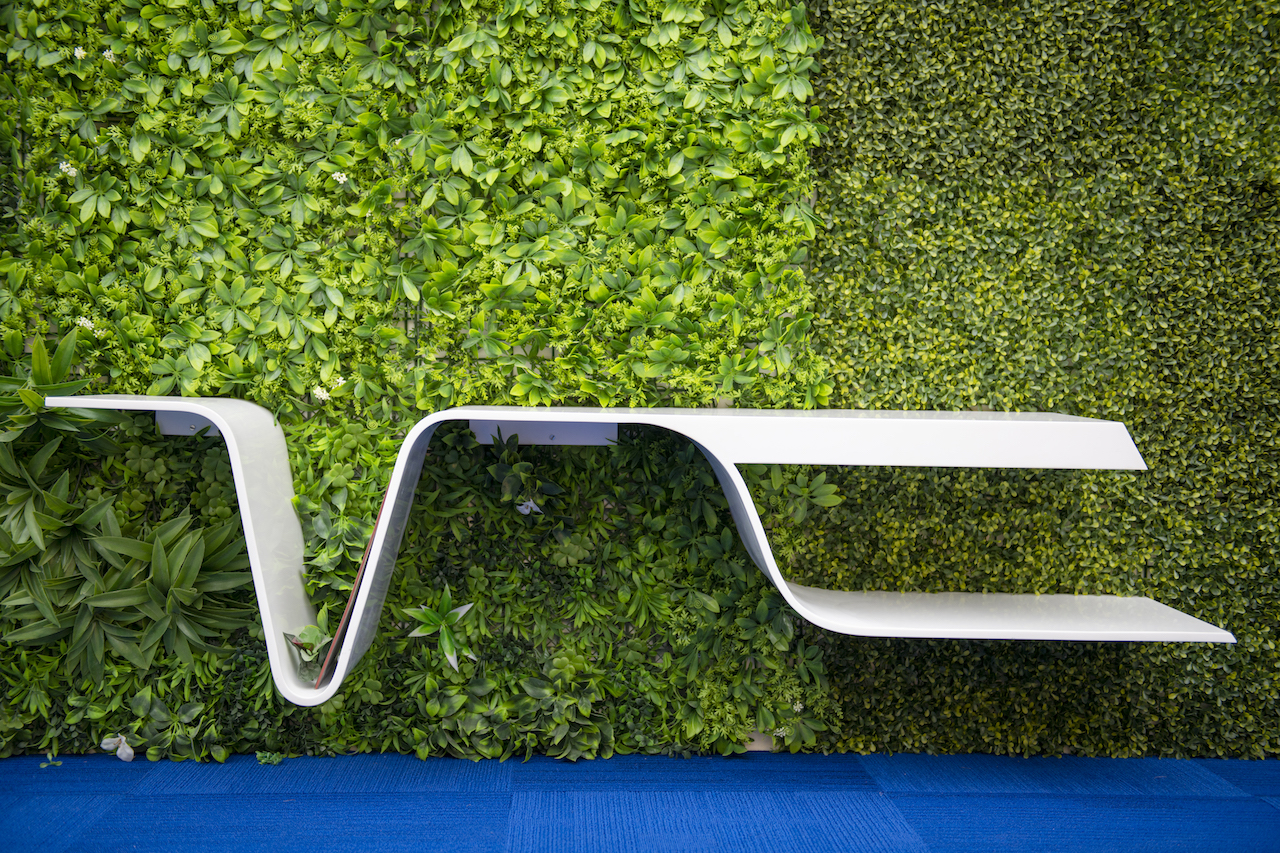
Acrylic Sheet
Acrylic solid surface materials have become increasingly popular in various applications, ranging from kitchen countertops to commercial spaces. These versatile materials offer a unique blend of durability, aesthetic appeal, and practicality. In this comprehensive guide, we will explore the world of acrylic solid surfaces, discussing everything from their composition to benefits and how to work with them. Whether you’re a homeowner looking to revamp your kitchen or a designer searching for the perfect countertop solution, this article will provide you with valuable insights.
Benefits of Acrylic Solid Surface Acrylic solid surface offers numerous advantages that make it a popular choice for both residential and commercial projects. Some key benefits include:
- Durability: Acrylic solid surface materials are known for their exceptional durability. They are resistant to impact, stains, and UV radiation, ensuring a long-lasting surface that maintains its beauty over time.
- Hygiene: The non-porous nature of acrylic solid surface prevents the growth of bacteria and mold, making it a hygienic choice for kitchens, bathrooms, and healthcare facilities.
- Easy Maintenance: Acrylic solid surface is easy to clean and maintain. Regular cleaning with mild soap and water is usually sufficient to keep it looking pristine.
- Seamless Joints: With the ability to be seamlessly joined, acrylic solid surface provides a smooth and visually appealing surface without visible seams or grout lines.
- Design Flexibility: Acrylic solid surface can be thermoformed and fabricated into various shapes and sizes, allowing for custom designs and intricate details.
- Environmentally Friendly: Many acrylic solid surface manufacturers prioritize sustainability by using recycled materials and implementing eco-friendly manufacturing processes.
Applications of Acrylic solid surface
Acrylic solid surface is a synthetic material composed of acrylic polymer and natural minerals. It is manufactured by blending acrylic resin with mineral fillers, pigments, and other additives. The result is a durable, non-porous surface that is resistant to stains, scratches, and heat. Acrylic solid surface materials are highly versatile and can be molded and shaped into various forms, making them ideal for a wide range of applications.
Acrylic solid surface materials find a wide range of applications due to their versatility, durability, and aesthetic appeal. Let’s explore some of the common applications where acrylic solid surface is used:
Kitchen Countertops:
Acrylic solid surface countertops are a popular choice in kitchens. They offer a seamless, non-porous surface that is resistant to stains, scratches, and heat. The material can be molded and shaped to create custom designs, including integrated sinks and backsplashes. Acrylic solid surface countertops are easy to clean and maintain, making them ideal for busy kitchen environments.
Bathroom Vanities:
Acrylic solid surface is also commonly used for bathroom vanities. Its non-porous nature makes it resistant to moisture, preventing the growth of mold and bacteria. Acrylic solid surface vanities can be seamlessly integrated with sinks and can be custom-made to fit specific design requirements. The material’s durability and easy maintenance make it suitable for high-traffic bathrooms.
Retail and Commercial Spaces:
Acrylic solid surface is widely utilized in retail and commercial spaces, such as restaurants, bars, hotels, and offices. It is used for reception desks, bar tops, display counters, and tabletops. The material’s ability to be shaped and formed into various designs allows for creative and unique installations that enhance the overall aesthetics of the space.
Healthcare and Laboratory Environments:
The non-porous and hygienic properties of acrylic solid surface make it an excellent choice for healthcare and laboratory settings. It is used for laboratory countertops, workstations, and cabinetry. The material’s resistance to chemicals and its ease of cleaning contribute to a safe and clean environment.
Wall Cladding and Partitions:
Acrylic solid surface can be used for wall cladding and partitions, providing a seamless and visually appealing surface. It can be fabricated into large panels, eliminating the need for grout lines or visible joints. Acrylic solid surface wall cladding is durable, easy to clean, and can be customized to suit the desired aesthetic.
Furniture and Decorative Elements:
Acrylic solid surface is utilized in the creation of furniture pieces and decorative elements. It can be used to make tables, chairs, shelving, and even lighting fixtures. The material’s ability to be moulded and formed into various shapes and sizes allows for unique and innovative furniture designs.
Exterior Applications:
Acrylic solid surface is also used in exterior applications. It can be used for outdoor kitchen countertops, barbecues, and furniture due to its resistance to UV radiation and weathering. The material’s durability and low maintenance requirements make it suitable for outdoor environments.
Retail Displays and Signage:
Acrylic solid surface is often used for retail displays, product showcases, and signage. Its ability to be thermoformed and fabricated into intricate shapes allows for eye-catching displays and branding elements. The material’s durability ensures that the displays can withstand regular use in commercial environments.
Acrylic solid surface materials find applications in various sectors, including residential, commercial, healthcare, and hospitality. The material’s durability, versatility, and aesthetic appeal make it a preferred choice for countertops, vanities, wall cladding, furniture, and more. Its non-porous nature, ease of maintenance, and customization options contribute to its popularity in different industries.
